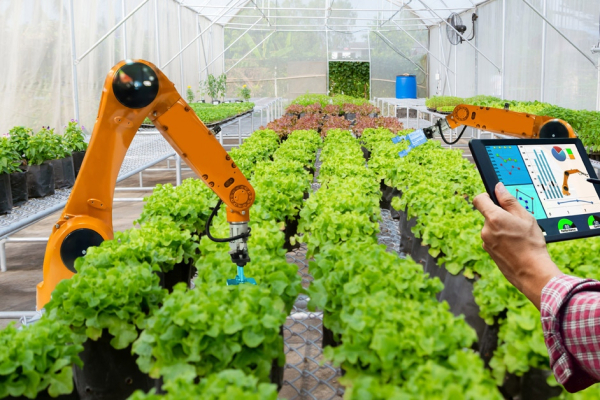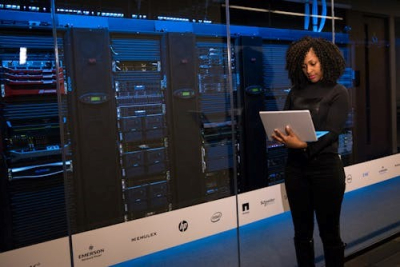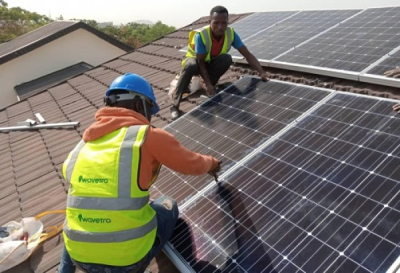In 2020, the coronavirus pandemic highlighted problems in the African food supply chain. It then sparked strong investor interest in technology as a potential solution to satisfy consumers in an increasingly digitalized world.
In 2022, African agrifoodtech startups attracted $640 million in investment, up 22% from 2021 when the volume of funds attracted was $536 million. The figures are disclosed in a report released by venture capital fund AgFunder, in collaboration with Singaporean sovereign wealth fund Temasek.
During the period, the mechanization segment attracted the lowest amount in that category. Indeed, startups in agricultural robotics, mechanization, and equipment that integrates connected tractors, drones, and automatic agricultural machines attracted only $10 million. That is 1.56% of all investments mobilized by African agrifoodtech startups.
Investment by start-up category in 2022 ($)

Source: AgFunder
Yet, according to the Food and Agriculture Organization (FAO), agricultural mechanization is essential in Africa because it alleviates tedious tasks, increases agricultural productivity, improves income, and contributes to food security. In 2019, the organization lamented that 65% of smallholders were still using human muscle power to prepare soils while 25% of them were using animals against only 10% using mechanized means for the task.
In comparison, in South Asia, human muscle power use has already fallen to 30 percent for land preparation work, compared with 40 percent for motorized machinery, while in Latin America and the Caribbean motorized machinery was used by 50 percent of farmers.
Investment in mechanization by region in 2022 ($)

Source: AgFunder
According to AgFunder, four agrifoodtech segments captured the bulk of the sector's funding in 2022. In-Store Retail & Restaurant Tech startups attracted $197 million. Midstream Tech startups, which operate in the food safety, traceability, logistics, transportation, and processing segments, among others, have raised $170 million.
Meanwhile, start-ups offering marketplaces and financing solutions attracted $131 million, while start-ups specializing in cloud computing technologies that produce, among other things, ghost kitchens and autonomous delivery robots raised $44 million. These are much larger sums than those raised by startups that offer production improvement tools.
Muriel Edjo



















